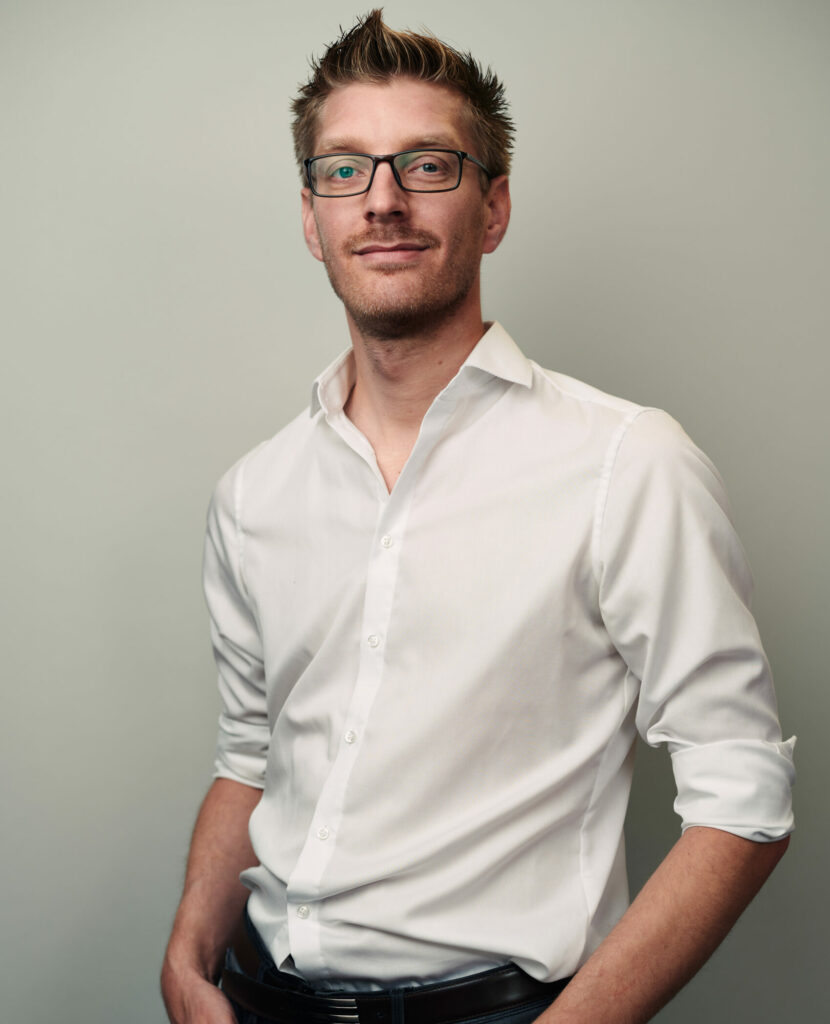Fieldlab Hydrogen in Agri has been underway for over a year now. In this project, we work with partners in practice on applications of hydrogen in the agricultural sector. Who are they? What is their role and what are their experiences? In a series of short interviews, we introduce the partners to you. In this episode: Ruud Bakker, director and founder of Next Generation Machinery.

1. Tell us, what kind of company is Next Generation Machinery (NGM)?
“Next Generation Machinery is a small, innovative machine builder. Founded in 2018 with the mission to reduce CO2 emissions from heavy machinery in construction and agriculture.”
2. What contribution does NGM make to the Fieldlab Hydrogen in Agri project? What have you developed?
“We distinguish ourselves by working with sustainably produced methanol. Methanol is an alcohol and rich in hydrogen atoms. The advantage is that methanol is a liquid, unlike hydrogen, which is gaseous in its natural state. A liquid can be easily transported, stored and distributed. That makes the implementation of the technology easier. We are now building small fuel cell systems that can handle methanol as a fuel. In addition, we are developing a system with a much higher capacity.”
3. Why is this project important to you?
“This project offers us the opportunity to further develop our fuel cell systems and make them suitable for use in tough working conditions such as agriculture.”
4. What is the biggest challenge you face?
“A major challenge is bringing together the right technical suppliers. Only a small number of parties can supply what we need. In addition, the technology we use must also be affordable. Innovation is only scalable if there is a sustainable revenue model behind it. Another problem we face is that methanol is still rarely used in construction and agriculture. This is reflected in the laws and regulations. It is important that clear guidelines are drawn up to work safely with this liquid.”
5. What do you consider to be the biggest success in the project so far?
“We have implemented our technology in a pump that is used in construction. We now supply this technology directly to the manufacturer, who then adds the fuel cell to the pump. In other words: a concrete result of a pump with a methanol fuel cell, which is delivered from the factory. We are very proud of that.”